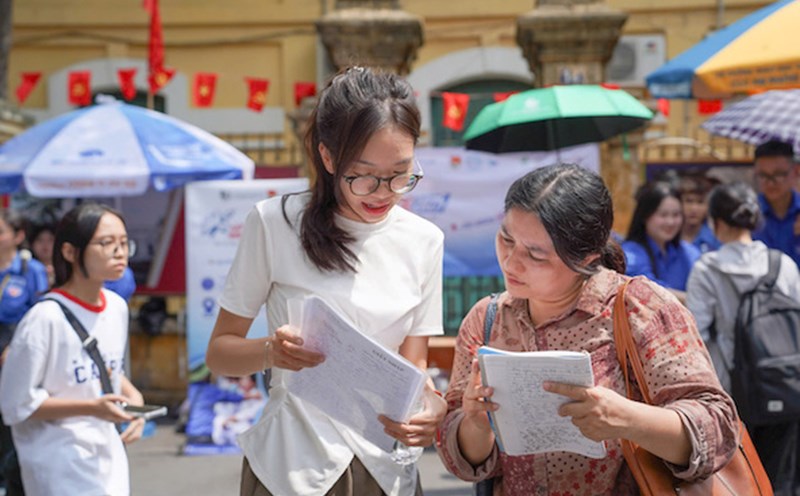According to recent public opinion polls, the ruling coalition led by Prime Minister Ishiba Shigeru is at risk of losing its majority in the Senate. Currently, this alliance is also a minority in the House of Representatives. If the balance of power continues to lean towards the opposition parties, the possibility of forming a political tug-of-war could delay or looser monetary decisions.
Prime Minister Ishiba is now in favor of the BOJ's interest rate hike as inflation remains above the 2% target and Japan's public debt burden has reached its highest level among developed industrial economies. However, many opposition parties, including small parties with the potential to form an alliance with Ishiba, are calling for a stop to raise interest rates and at the same time proposing to cut consumer taxes to help people cope with rising living costs.
In that context, observers are concerned that the BOJ - despite its independence in name - will have to consider more carefully when making interest rate decisions, especially if political risks and market instability increase after the election.
Daiju Aoki, chief economist at UBS Su Mi Trust Wealth Management, commented: There is a 50% chance that the ruling coalition will lose its majority in the Senate. This could lead to more intense debates on cutting consumer taxes which would raise concerns about national finances and push bond yields higher.
Leaders of small parties such as Sohei Kamiya (sanseito) have publicly criticized the BOJ for reducing bond purchases, saying it is too early as the economy is still weak. He called on the government and the BOJ to coordinate in implementing drastic measures over several years to stimulate domestic demand.
Yuichiro Tamaki, chairman of the Democratic Party for the People - a party that is said to be able to join a coalition with Prime Minister Ishiba - called for loosening monetary policy to avoid the Yen rising in price, causing damage to exports.
Even if the ruling coalition maintains its majority, Prime Minister Ishiba's government could be forced to shift from being lenient to spending to reduce the impact of US inflation and tariffs. Former BOJ Council member Makoto Sakurai predicted that the government could launch an additional package worth 5-10 trillion yen (equivalent to 35 70 billion USD), which would continue to increase bond yields and delay the BOJ's interest rate hike until at least March next year.
Currently, Japan is carrying a public debt equivalent to 250% of GDP. About a quarter of the government budget is currently used to pay interest and principal, with costs expected to increase if interest rates increase.
However, a bright spot is that high inflation has helped increase budget revenue through nominative taxes, temporarily reducing the demand for issuing new bonds. However, cutting consumer tax - from the current 10% - would create a significant loophole in the budget. According to a recent survey by Asahi, up to 68% of Japanese voters support a reduction in consumer tax to reduce the burden of living expenses, while only 18% support cash distribution.
Although the BOJ has not yet made an official comment on the impact of the election on interest rate policy, many experts believe that the possibility of raising interest rates in the short term is quite low. It could be a long period of political uncertainty and market volatility to prepare for, says Naomi Muguruma, a strategist at Mitsubishi UFJ Morgan Stanley, which would keep the BOJ sidelined and wait for a stabilization.











